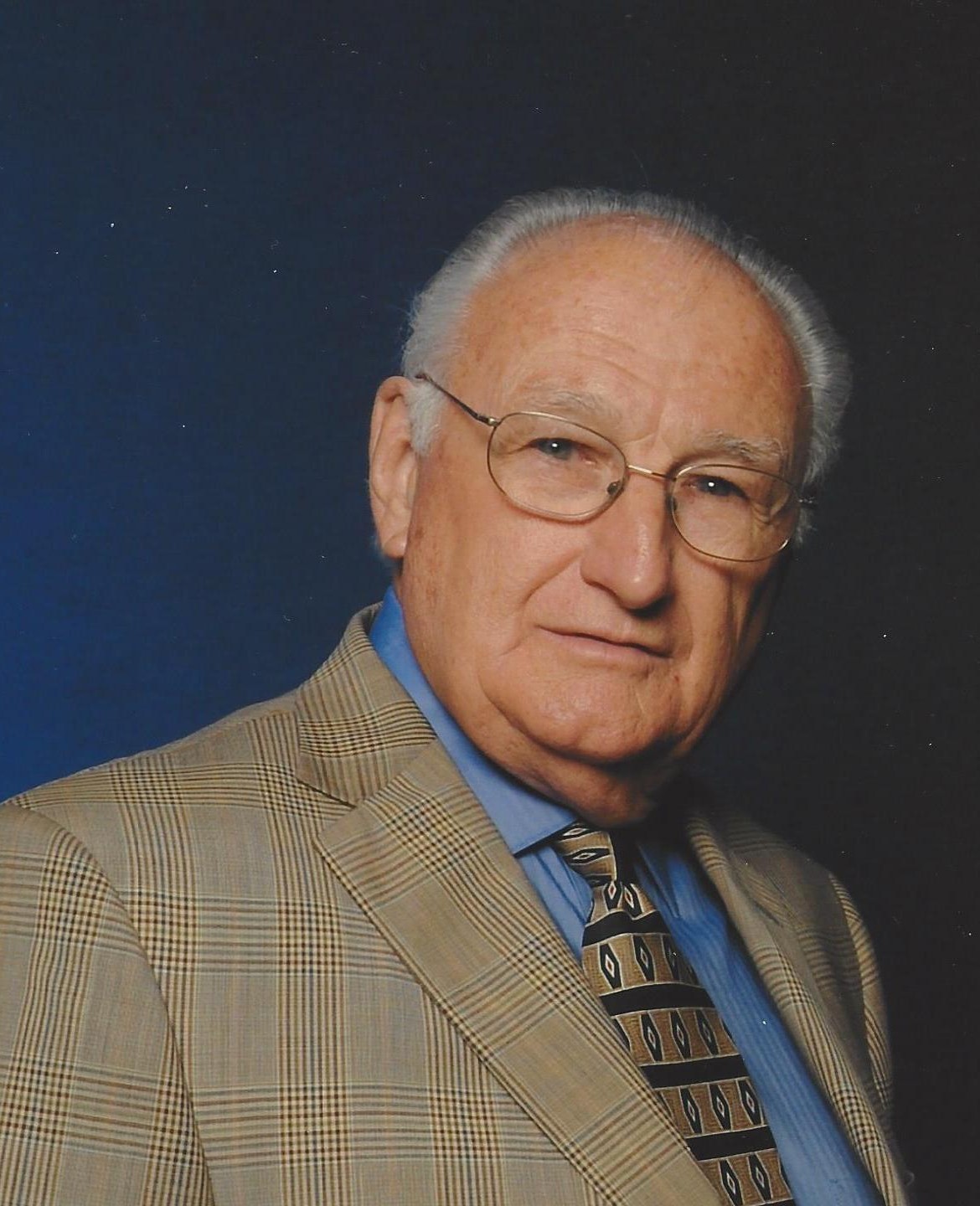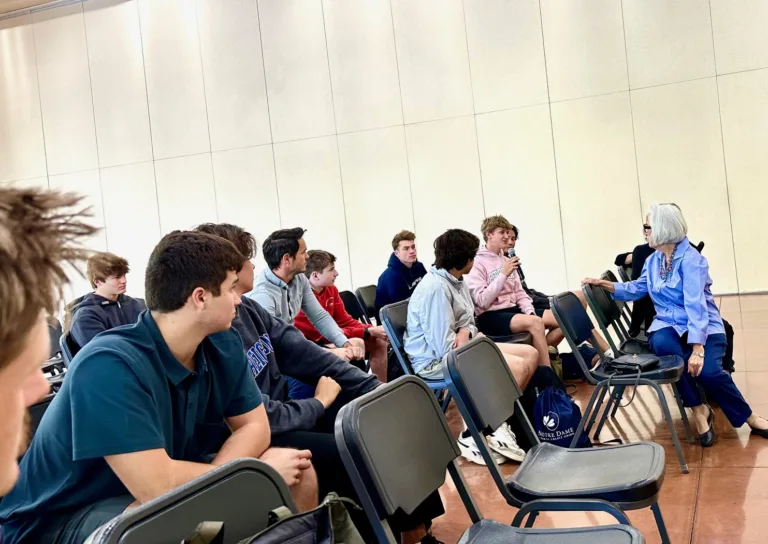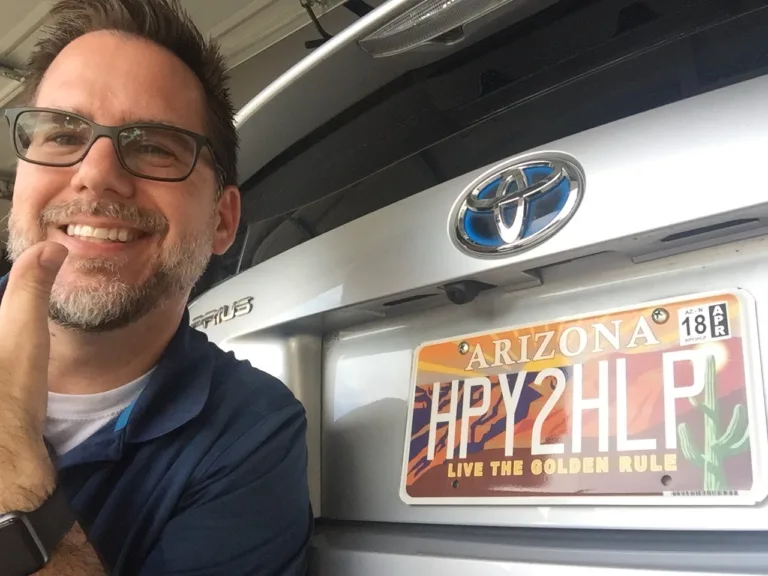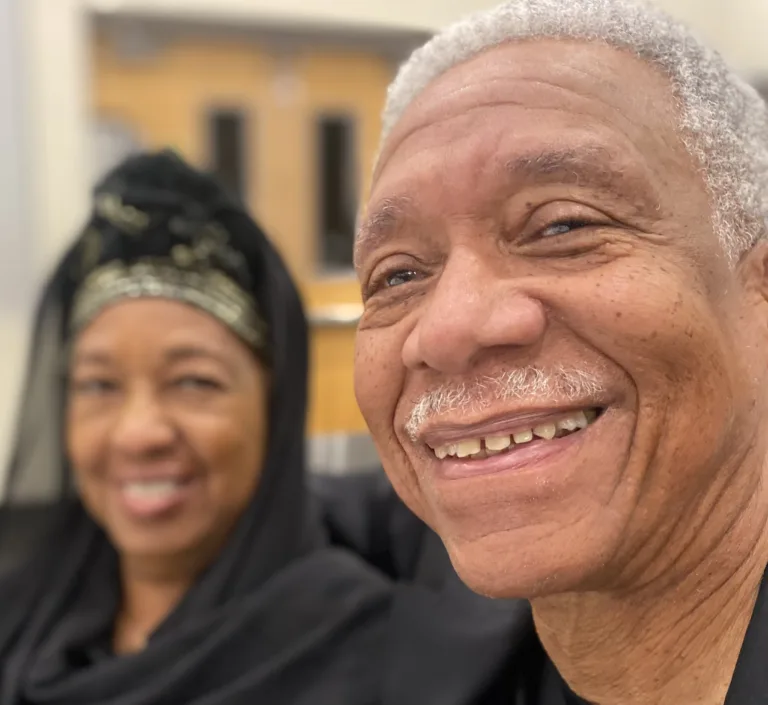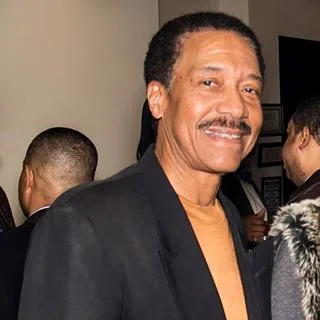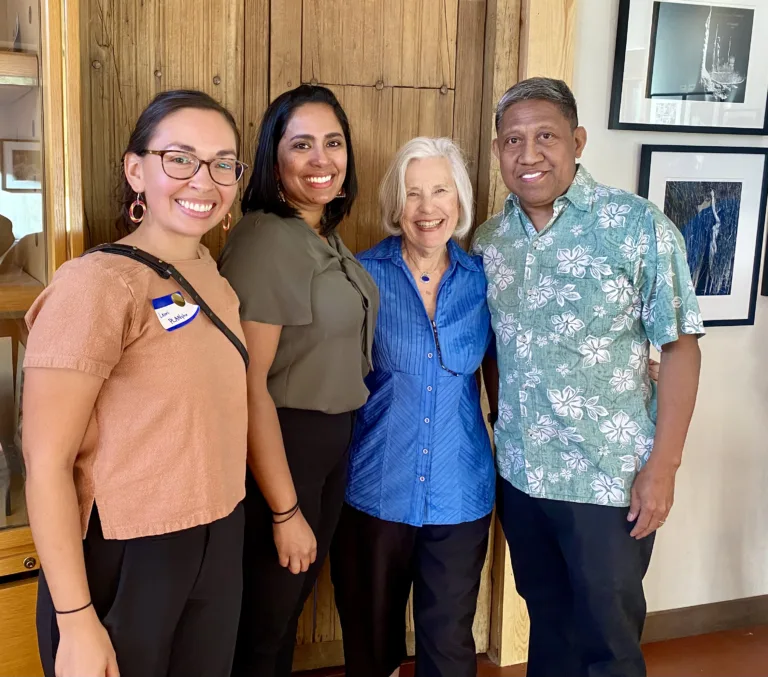“Man showed love for his neighbor during dark days” – A Golden Rule Moments article published in The Arizona Republic
It’s heartwarming to see one of the dark times in our nation’s history bring about a Golden Rule Moment.
It all began with an executive order signed in 1942 by President Franklin D. Roosevelt that removed some 120,000 people of Japanese descent living in the United States from their homes and placed them in internment camps. The justification was that there was danger of those of Japanese descent spying for the Japanese.
However, more than two-thirds of those interned were American citizens and half of them were children. None had ever shown disloyalty to the nation.
In some cases, family members were separated and put in different camps. Most of these camps were located in the West, including some here in Arizona.
Jan. 2, 1945, officially ended the executive order. So, Feb. 19, 2019, marks the 76th anniversary of the Japanese internment during World War II.
On Father’s Day, I read an older copy of Reader’s Digest that referenced that dark time in our country’s history. Here’s where the Golden Rule Moment surrounding that story comes in.
It happened in California when a Japanese neighbor was taken to the camps near Casa Grande. The neighbor to the Japanese family owned a vineyard and grew grapes for the many wineries close by, as did the Japanese family.
Both had been close friends since moving to that area and both were successful growers. It was quite a blow to the Japanese family to leave their vineyards, fearing that all that had gone into their profitable enterprise would be lost. But that was not to be.
Soon after the Japanese family had been removed from their farm, the American neighbor took it upon himself to preserve his neighbor’s vineyard so that when and if, for there were no guarantees, he returned it would be just as he left it.
Consequently, those three years that his neighbor was interned, this man with his boys pruned, harvested and did whatever needed to be done on his neighbor’s farm to preserve and care for that vineyard along with his own.
It was double work for three years but, because of his love for his neighbor and his love of the Golden Rule, he persevered.
The story, as told by his son, recounts the many times during those years that he told his dad just to give it up because it was so much work. Yet his dad always told him that he would want his neighbor to do the same for him.
During that interim, he not only cared for the vineyard but he kept up the lawns, the gardens, and even painted the house and outbuildings. He wanted to be sure that they were in perfect condition, just as his neighbor had left them.
What his son didn’t know and was not revealed until the neighbor returned was that during those three years that he and his dad and siblings were caring for that neighbor’s vineyard, his father was careful to keep accurate records of everything that was harvested and sold during their absence, and deposited all the money into a savings account.
So when the family returned to their vineyard, it was as though they had never left.
One can only imagine the wonderful surprise awaiting them when that Japanese family returned to their home! The house was just as they left it. The vineyard was just as bountiful and fruitful. There was money in the bank earning interest. The garden products had been canned and preserved. The lawn was cut, the house was painted and everything was found in perfect order — as it was when they left.
It almost sounds like a story out of a fairy tale. But it is indeed a true story shared by a son who recalled how his father modeled the Golden Rule during a very difficult time in our nation’s history.
By Rev. Larry Fultz
The Rev. Larry Fultz is executive director of the Arizona Interfaith Movement.
PART OF THE USA TODAY NETWORK Copyright © 2018 The Arizona Republic 7/30/2018

